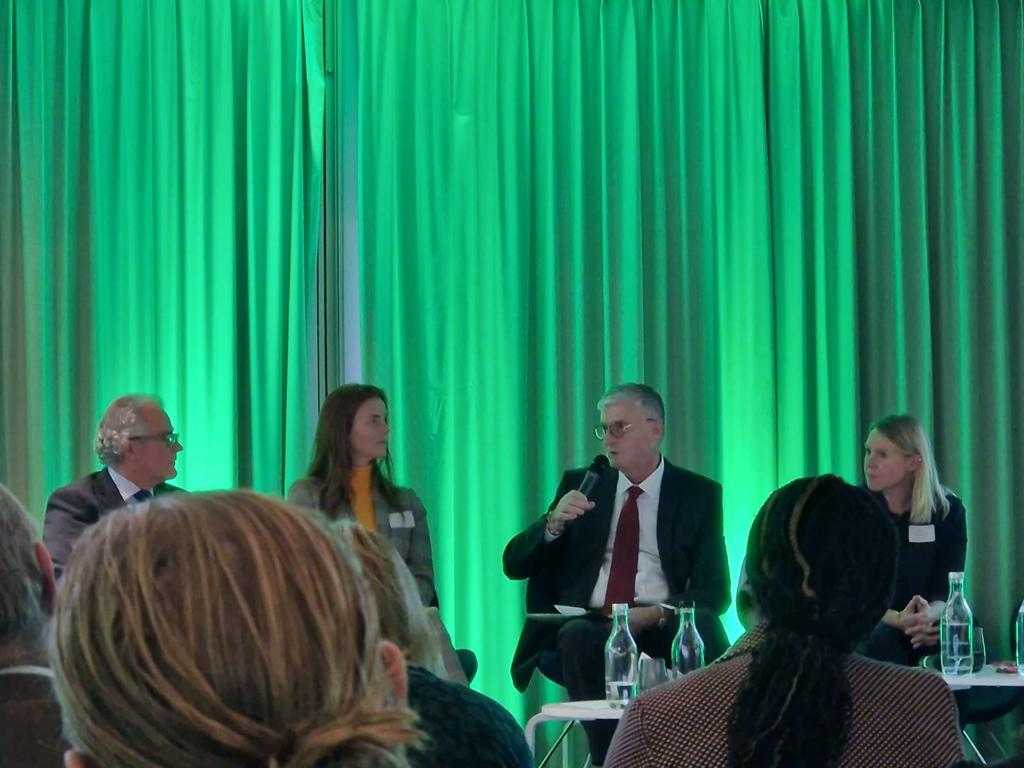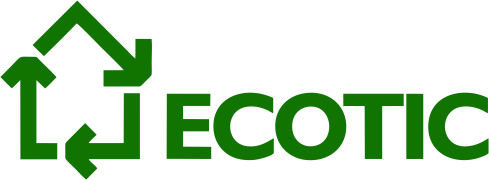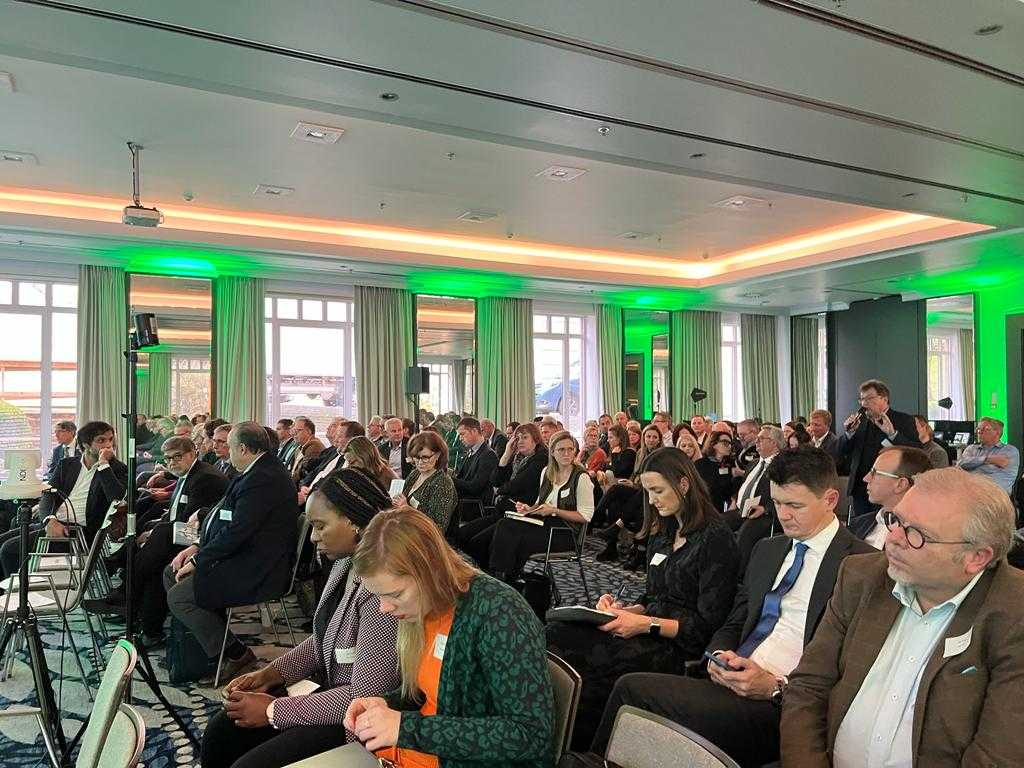On December 7, 2022, in Brussels, occurred EPR GRAND CHALLENGE conference, organized by the WEEE Forum.
The purpose of the conference was to present and discuss the experiences in the field of WEEE management in the last two decades, as well as the challenges that are foreseen in the coming years. Over the course of a day, experts in the collection and recycling of electrical and electronic waste and the circular economy discussed ways to improve the collection and recycling of WEEE.
The main topics on the agenda were collection targets, extended producer responsibility, the transition to a low-carbon economy and improving future legislation regarding electrical and electronic waste management.
Regarding collection targets, the general consensus was that they are not consistent with the idea of a circular economy, not taking into account the more than 3-year lifespan of many electrical and electronic equipment, nor the repair, reuse strategies, which, in turn, reduce the amount of WEEE generated. Accordingly, a target should take into account and encourage life extension initiatives, while focusing on "WEEE available for collection".
Experience in Europe shows that extended producer responsibility it is effective both in stimulating the collection of more waste and in increasing recycling rates. In this context, the need to develop legislation focusing on extended producer responsibility at the global level was emphasized.
Talk about the transition to a low-carbon economy it focused on critical raw materials (CRM) – such as lithium, cobalt or other rare elements – which are often lost before recycling due to the limited collection of certain types of WEEE. At the same time, current legislation mainly promotes metals that are found in large quantities in WEEE, to the detriment of critical raw materials.
Three conditions for maximum CRM recovery | Maximum recovery of CRM is fully based on three things: regulations, volumes and recycling technologies
Without sustainable access to raw materials, Europe cannot become a climate-neutral continent, and the competitiveness of European companies will not be sustainable. Sustainable access to CRMs is therefore a strategic security issue, which is why conference participants advocated the need for a law dedicated to this type of raw materials. Research indicates that by 2040 the EU will rely on primary sources for 70% of raw materials for the energy transition.
In the long term, the experts present at the conference agreed on the need improving legislation in the field.
Legislation on extended producer responsibility is outdated and needs to be revised to include the new realities in society – the online sales area, delivery centers and logistics companies.
All actors who have access to WEEE must meet certain targets and be held accountable accordingly. A UN survey coordinated by the WEEE Forum in 2020-2021 indicates that only 55% of WEEE in Europe is reported to be collected and treated responsibly.
It is also important that legislation promotes a decrease in electrical and electronic waste. A rethought legislation must allow the circular economy and repair, reuse or refurbishing strategies to play an active role in the market without conflicting with a minimum collection rate.
Valentin Negoiță, president of ECOTIC and Marius Costache, general director of GreenWEEE, presented the difficulties encountered over the years in the collection and recycling process as well as the prospects for improving the activity in the field by updating the legislation in accordance with the principles of the circular economy, the development of the infrastructure of collection, information and awareness campaigns, measures to reduce parallel waste flows.
"Over the last 20 years the WEEE Forum has played an extraordinary role in ensuring that the WEEE Directive delivers results.
Collection and recycling continues to improve, and this is largely due to producer responsibility transfer organisations. These organizations play a vital role, ensuring that valuable resources are revalued and thus laying the foundations of the circular economy.
They not only help the authorities in financing waste management, but also contribute significantly to the awareness of citizens through campaigns and tools addressed to them.
In the European Union, we now have one of the highest recycling rates in the world, but we still need to invest in better technologies. We need to improve recycling efficiency with more careful recovery of critical materials and ensure that more new products contain recycled materials which requires better collection of WEEE," said Virginijus Sinkevičius, European Commissioner for the Environment, in the message his address to the conference.


